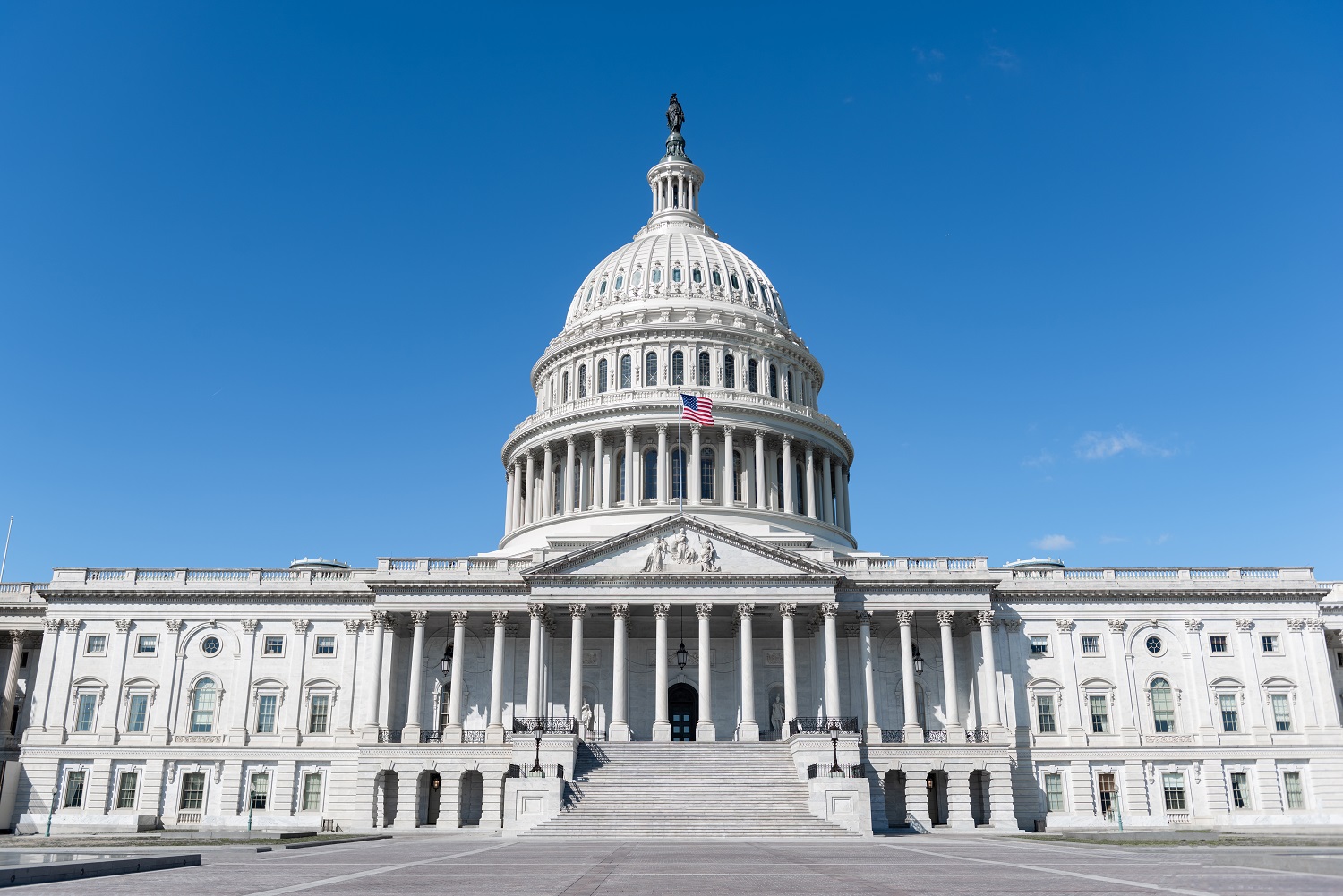MCC will soon ask its board of directors to vote on a proposed $473 million second compact for Tanzania. The program focuses on the energy sector, making it a big deliverable for Power Africa. It’s also strongly aligned with the priorities of Tanzanian citizens, businesses, and the government. But, as the compact currently stands, there are some pretty significant gaps, making it hard for the board to know just what it’s approving. Most notably, it’s completely lacking the cost-benefit analysis (CBA) that helps identify whether projects will be worth the money put into them. This is likely due, in large part, to the fact that projects are not yet very well defined. After all, you can’t know about the benefits a project will yield when you don’t exactly know what it will do. CBA promotes efficient use of funds, transparency, and accountability and is a core part of MCC’s model, so its absence from the Tanzania compact at this time is noteworthy.
Now, MCC does say it will conduct CBA on several projects once their design is farther along. These account for 70 percent of program funds, or $285 million. But this begs the question…why rush to approve now, before projects are better-defined? Perhaps one or more of the following dynamics are at play:
- The need for speed? MCC has indicated that it wants to generally speed up the compact development process, and Tanzania has been taking a rather long time (nearly three years). There are almost certainly some ways compact development could be accelerated, but, as I’ve said before, rushing to obligate funds without fully defined projects creates downstream risks for implementation and can jeopardize results.
- Power Africa or bust? Power Africa is an important initiative for the White House and it’s counting on MCC to deliver some of the largest capital investments.
- Elections wildcard? Tanzania has general elections coming up at the end of the month. Perhaps MCC wants to deliver positive steps toward a compact before then.
Stakeholders will, eventually, know the results of these projects’ CBA when MCC posts the economic rates of return on its website. The fact that the agency publishes this information for all analyzed projects reflects MCC’s commitment to transparency and accountability. Unfortunately, accountability is lowered when this information is unavailable earlier on…when MCC does the most publicity around the compact and when stakeholders tend to pay the most attention.
The remaining 30 percent of program funds ($128 million) are designated for policy and institutional reform projects, for which no economic analysis is planned. MCC contends that this type of project is not particularly conducive to CBA because there are “extensive causal linkages” and limited data on the costs and benefits of policy reform efforts. The question then becomes: should MCC, an agency whose remit is to use economic evidence to guide project selection, be pouring such substantial funds into projects for which it’s hard to come up with a reasonably precise rate of return?
There is a certain logic to supporting policy reform efforts. Tanzania’s constraints analysis notes that institutional and regulatory issues underlie energy sector challenges, and addressing these will be important to spur growth. In addition, MCC recognizes that certain reforms will be necessary for any projected benefits from the compact’s capital investments to come to fruition and be sustained.
On the other hand, funding large projects in the absence of CBA erodes MCC’s distinction from most other donors and lowers accountability for selecting quality, value-for-money programs (almost any project can achieve some good, but CBA helps MCC find projects where the value of the good exceeds the cost of achieving it). Because of this, Franck Wiebe and I have argued that MCC should limit funds to projects for which the agency has not conducted CBA.
MCC should be much more forthright about how it reconciles spending hundreds of millions of dollars on policy and institutional reform projects with its foundational principle of being a data-driven, results-based agency. Perhaps these two things aren’t irreconcilable. If that’s the case, I’d like to hear MCC talk openly about how it can be more analytical about policy reform programming. What kind of imprecision and uncertainty is tolerable? Could the policy project and the capital investment that it complements have a combined CBA? Where data are limited, are there other sufficiently rigorous ways to be ex-ante results-focused and cost-focused? Could an approach like Cash on Delivery Aid, in which donors commit to paying for pre-agreed outcomes, spur policy reforms by committing to pay for the outcomes the desired reform should achieve (and, as a bonus, increase country ownership by giving the partner country flexibility in how to achieve them)? We hope to explore these questions over the next several months, as well.
Disclaimer
CGD blog posts reflect the views of the authors, drawing on prior research and experience in their areas of expertise. CGD is a nonpartisan, independent organization and does not take institutional positions.





